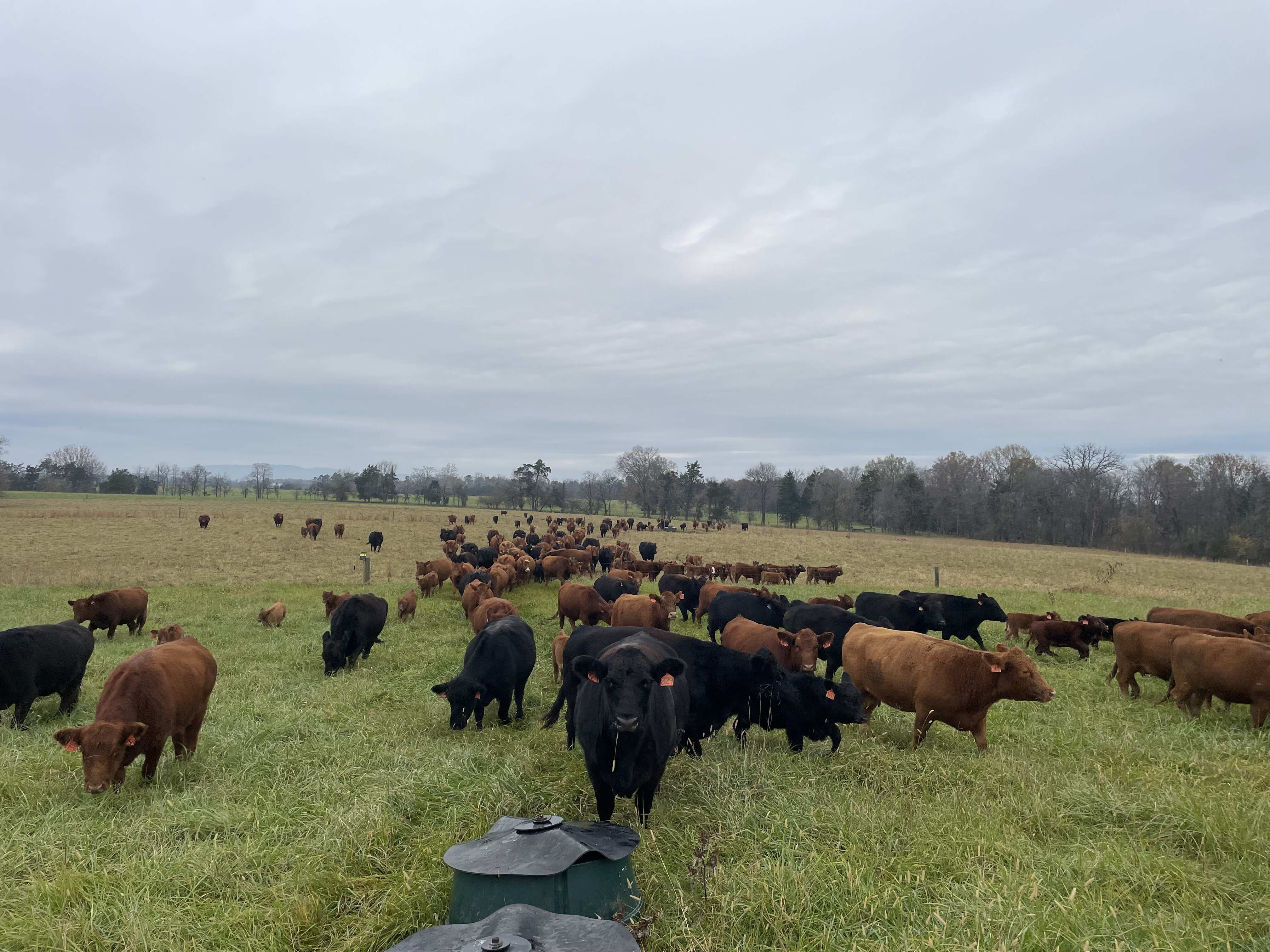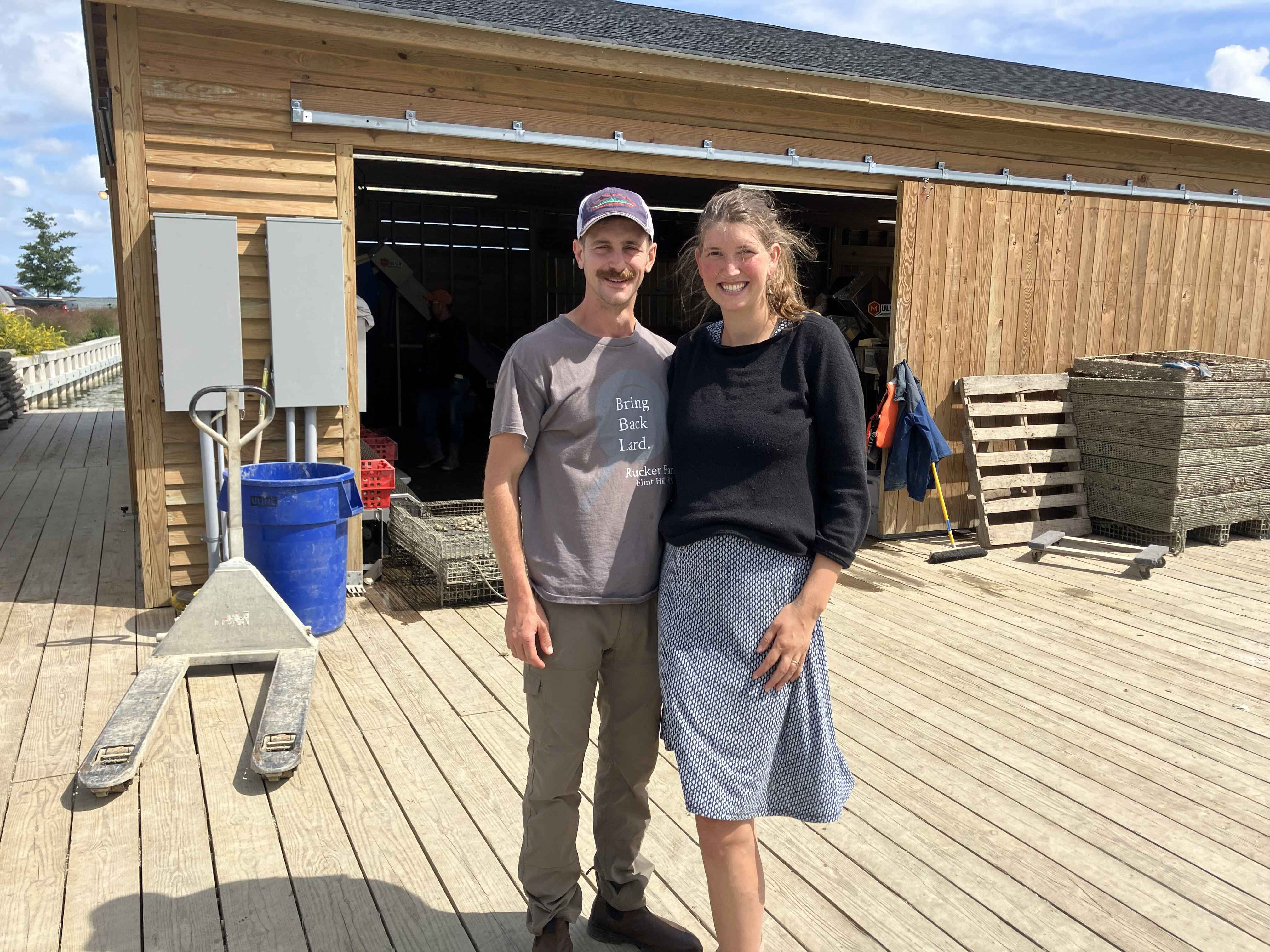To Brine or Not to Brine
posted on
November 13, 2024
To Brine or Not to Brine:
A Farm-to-Table Debate
If you’ve planned to pick-up one of our pasture-raised turkeys this season, you might be wondering: should I brine it, or not? It’s a question we hear often, and the answer really comes down to personal preference and how you like to prepare your bird. Let’s break it down.
The Case for Brining
Brining has long been a trusted method for ensuring a moist and flavorful turkey. By soaking the bird in a salty, seasoned solution for anywhere from 12 to 24 hours, you’re allowing the meat to absorb moisture and flavor. This method works especially well with pasture-raised birds, which are leaner than conventional turkeys due to their active lifestyle and varied diet. The brine helps to keep the meat juicy and tender during cooking, even for those who are new to roasting a pasture-raised turkey.
The magic of brining is that it seasons the meat from the inside out. Not only does the salt draw in moisture, but it also opens up the muscle fibers, allowing flavors like herbs, garlic, and spices to penetrate deeper into the bird.
Why You Might Skip the Brine
That said, brining isn’t a must, and there are plenty of reasons to skip it—especially when you’re working with a pasture-raised bird. These birds have been living their best lives outdoors, foraging on pasture and bugs and getting plenty of fresh air and sunshine. That means they’ve already developed a robust, natural flavor that doesn’t necessarily need extra enhancement. If you prefer to let the bird's true taste shine, you might find that a simple dry rub or herb butter under the skin is all you need to create a delicious turkey.
Another reason to pass on brining? Time. Between thawing the turkey, which can take up to 6 days (!!), and prepping all the sides, adding an extra day to brine your bird might feel like one more step in an already busy holiday schedule. And that's perfectly okay! With careful roasting, using techniques like basting or covering the breast with foil to prevent overcooking, you can still end up with a juicy, flavorful turkey without brining.
Other Meats You Can Brine
Brining isn’t just for turkeys! If you want to experiment, there are plenty of other meats that benefit from this technique. Our pastured pork chops, for example, respond beautifully to a brine. The extra moisture helps keep the chops juicy, especially since pork can sometimes dry out during cooking. A simple brine with water, salt, and maybe a touch of apple cider or rosemary can take your chops to the next level.
Our larger sized whole chickens are another great candidate for brining. Much like turkey, we believe our 6 lbs + chickens can be little lean at times, so giving them a soak in a brine (even for just a few hours) before roasting or grilling ensures a moist and flavorful meal. If you’re into grilling, brining your pork country style ribs before cooking can add that juicy tenderness you’re after, helping the meat stay moist during a long, slow cook.
Even our grass-fed beef roasts or steaks can be brined for a different texture and flavor profile, although it's less common. A quick dry brine (where you rub the meat with salt and let it rest) can enhance the flavor without diluting the natural taste of the beef.
Finding Your Balance
Ultimately, whether or not you brine comes down to how you like to cook and eat your meat. If you love experimenting with flavors and have the time, a brine can bring something extra special to the table. But if you prefer the simpler, more traditional route—or just want to taste the natural flavor of your pasture-raised bird or meat—you’re in good hands skipping the brine and preparing it as is.
At the end of the day, either choice celebrates the care and quality that went into raising the animals.
Happy cooking!



